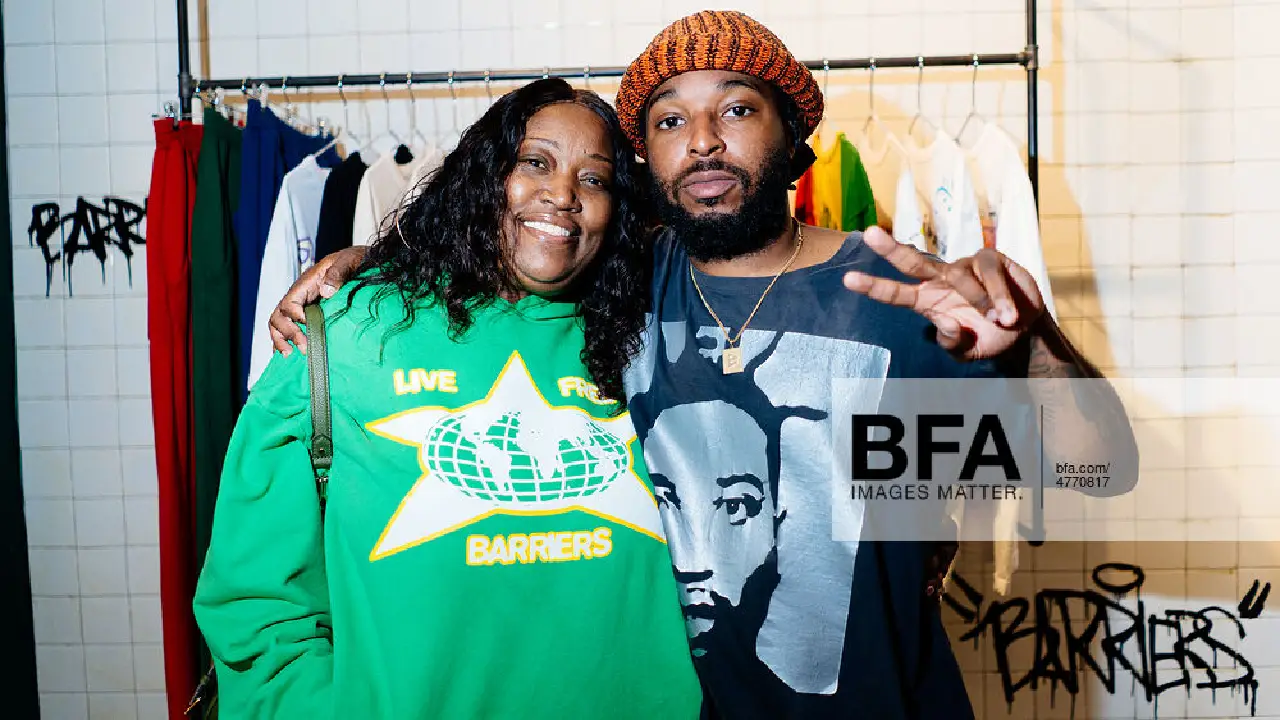Clothing has always been more than just a means of covering our bodies; it serves as a powerful form of self-expression, cultural identity, and social signaling. Throughout history, the evolution of clothing has mirrored societal changes, reflecting shifts in norms, values, and even technological advancements. One notable aspect of this evolution is the concept of barrier clothing, which not only encompasses physical barriers but also societal and cultural ones.
The Concept of Barrier Clothing
Barrier clothing can be understood in various contexts, each emphasizing different forms of barriers:
- Physical Barriers: Traditionally, Barriers clothing has served as a physical barrier against environmental elements such as cold, heat, and rain. This functional aspect remains fundamental, with materials and designs continually evolving to enhance comfort and protection.
- Societal Barriers: Clothing also acts as a social barrier, demarcating identities, social status, and affiliations within communities. For instance, formal attire signals professionalism and respectability, while casual wear may denote relaxation or informality.
- Cultural Barriers: Different cultures and subcultures use clothing to establish and maintain distinct identities. Traditional attire, ceremonial dress, and religious garments are examples where clothing serves to preserve cultural heritage and signify belonging.
Historical Perspectives on Barrier Clothing
Throughout history, the concept of barrier clothing has evolved alongside societal and technological changes:
- Ancient Civilizations: In ancient civilizations such as Egypt, Mesopotamia, and China, clothing was not only practical but also symbolized social status and roles. Fabrics and dyes were often costly, reserved for the elite, reinforcing class distinctions.
- Medieval Europe: During the medieval period, sumptuary laws regulated what people could wear based on their social rank, aiming to maintain social hierarchy and prevent over-expenditure on luxury goods.
- Industrial Revolution: The Industrial Revolution brought about mass production of clothing, making garments more accessible to the general population. This era saw the rise of standardized sizing and the beginnings of fashion as a consumer-driven industry.
Modern Interpretations and Innovations
In the modern era, barrier clothing continues to evolve, influenced by globalization, technological advancements, and shifting societal norms:
- Functional Innovation: Advances in textile technology have led to the development of performance fabrics that offer enhanced functionality, such as moisture-wicking properties in sportswear or flame-resistant materials in industrial clothing.
- Fashion as Expression: Clothing today serves not only functional but also expressive purposes. Streetwear, for example, blends elements of urban culture with high fashion, challenging traditional barriers of formality and luxury.
- Breaking Cultural Barriers: Barriers Hoodie Fashion has increasingly become a platform for cultural exchange and social commentary. Designers often draw inspiration from diverse cultures, creating collections that celebrate diversity and challenge cultural stereotypes.
Challenges and Opportunities
Despite its evolution, barrier clothing faces ongoing challenges and opportunities:
- Environmental Impact: The fashion industry is one of the largest contributors to environmental pollution. Sustainable fashion initiatives aim to reduce the industry’s carbon footprint through eco-friendly materials and ethical production practices.
- Inclusivity and Representation: There is a growing demand for clothing that caters to diverse body types, genders, and cultural backgrounds. Brands that embrace inclusivity not only expand their customer base but also contribute to social equity.
- Technological Integration: The future of barrier clothing may involve integrating wearable technology for health monitoring, augmented reality applications, or adaptive clothing for individuals with disabilities.
Conclusion
In conclusion, clothing serves as more than a mere covering; it embodies cultural heritage, social identity, and technological innovation. The concept of barrier clothing encapsulates its multifaceted role as a physical, social, and cultural barrier. As we continue to navigate an increasingly interconnected world, the evolution of barrier clothing will undoubtedly reflect broader societal changes and innovations, shaping how we perceive and interact with fashion in the future.
